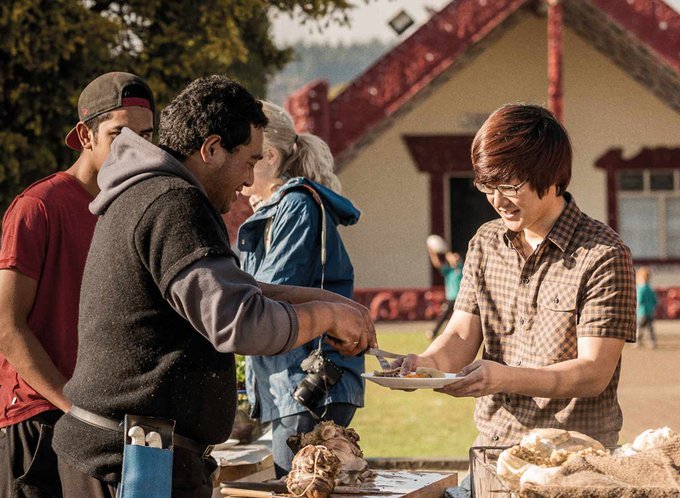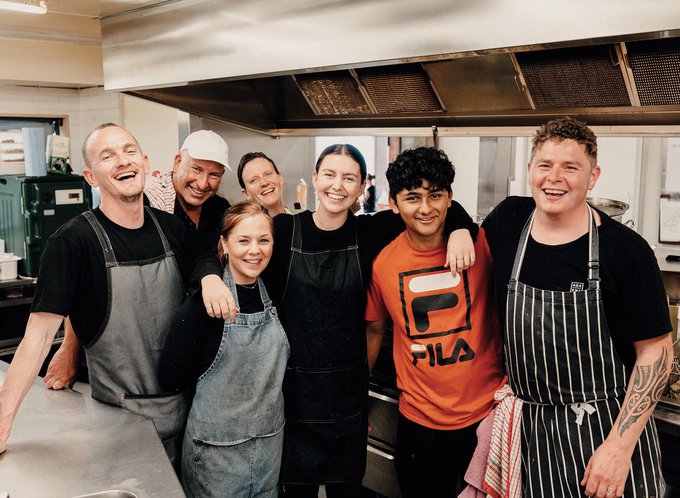MAS is on a journey of becoming more sustainable. From investing in companies with green revenues to removing paper policies. Here are five things we’re doing in this space.
Updated 11 January 2024
1. We're reducing the environmental impact of our insurance claims
We’re looking at more sustainable solutions to claims. We work with car and house repairers who are committed to reducing their carbon footprint. For example, our network of panel beaters is working to become more sustainable and environmentally friendly in their practices.
In OnMAS July 2021, we profiled MAS Member Mary Miller, whose house at Lake Ōhau Alpine Village was destroyed in a fire in late 2020. We worked to quickly get her into a new home in an environmentally friendly way. The fire was so intense that even the concrete slab on which the house was built was destroyed. MAS did a full wash and vacuum of the land and paid extra to have the concrete block taken away and broken up in a sustainable way rather than being dumped in a landfill. All the salvageable steel and other recyclable materials from the house were also taken away to be reused.
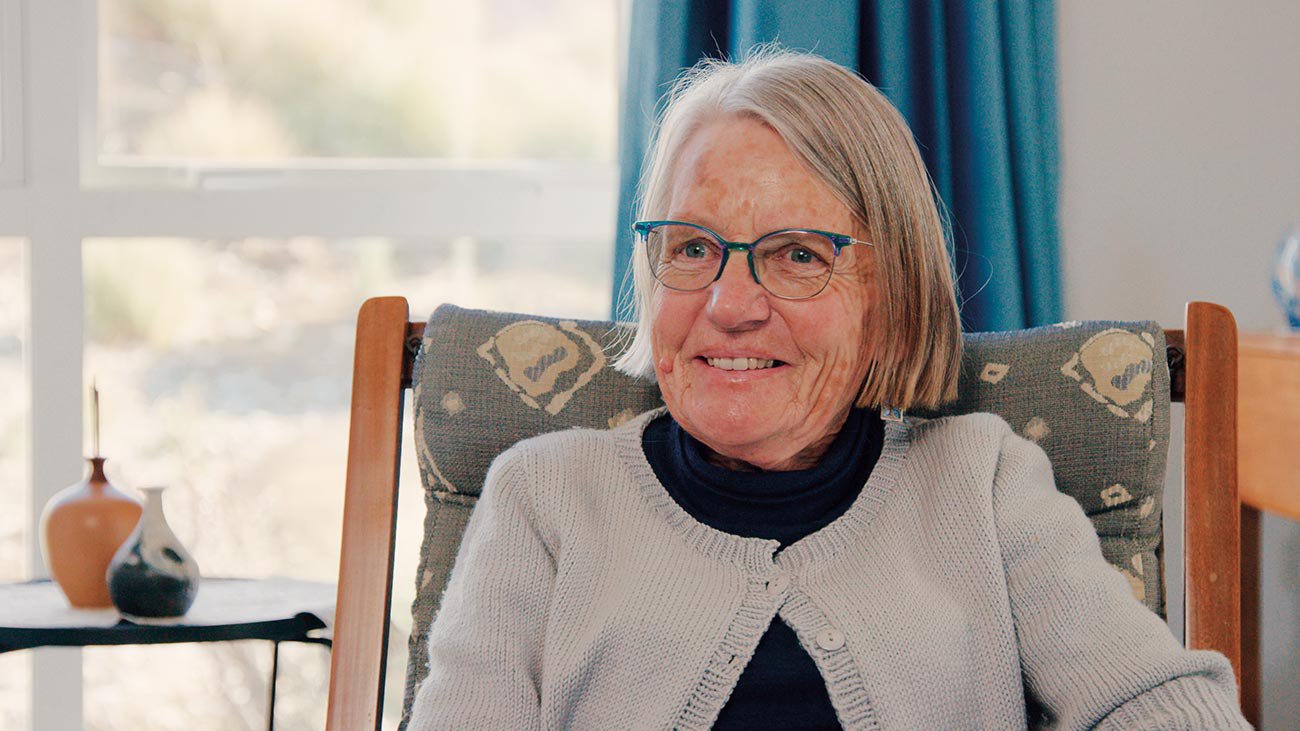
MAS Member Mary Miller
2. We invest for healthier returns and a healthier planet
We help you grow your money responsibly by investing in companies with green revenues and will not invest in companies with principal business activities in fossil fuels, weapons, and tobacco.
We complement this by integrating environmental, social and governance considerations, including climate factors into our investment decisions.
As an active steward of your money, we seek to use shareholder voting rights to influence companies to conduct their business in a socially and environmentally responsible manner. We also arrange for engagement with companies the Schemes invest in, to advocate for human rights, labour rights, anti-corruption, and the environment.
Learn more about how MAS invests your money responsibly.
3. We’re getting ready to start reporting our environmental impact
Financial service organisations in Aotearoa New Zealand will soon need to publish climate reports that outline the climate risks they are facing and how they are managing them. It will also provide measures of our carbon footprint both as an organisation and within our investments.
MAS is getting ready for this change in reporting and what it means for an insurance company. We are preparing to make our Members aware of the risks the organisation faces due to climate change, such as what happens if sea levels rise and we face a growing number of claims from Members whose homes are damaged or destroyed by floods.
We want to ensure Members feel confident that we have plans and processes in place to mitigate the risks and what we will do if the impact of climate change grows.
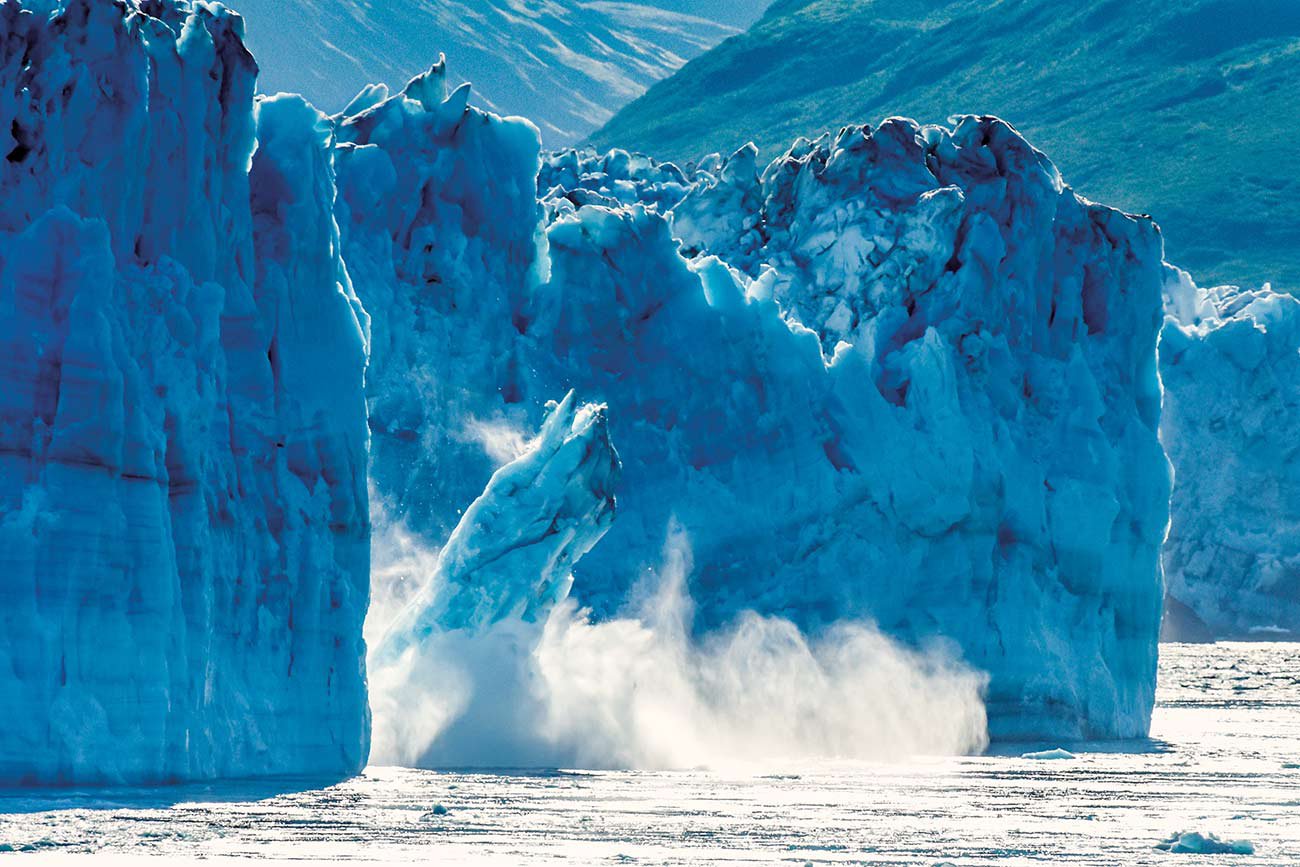
4. We’re working with sustainable suppliers
We’ve changed the suppliers we use to produce branded merchandise and promotional material. We did this to be confident these products are free from slave labour and have minimal impact on the environment and society. We’re now working with ethically credible New Zealand-owned companies and prefer New Zealand-made products made from renewable and sustainable materials that will be long lasting. We’re also reducing the amount of promotional material we create and distribute, and we buy carbon credits to offset transportation costs.
5. We’re cutting back on paper
In 2020, we began emailing policy documents to Members instead of posting printed versions. Not only has this reduced the amount of paper we print every year, it means policies are easily accessible online wherever you are.
In 2021, we partnered with Auckland-based Soar Print to make this magazine carbon neutral for the first time. We also launched this online version of OnMAS, and we encourage all our Members to opt to receive a digital-only copy of the magazine. You can do so by emailing onmas@mas.co.nz.
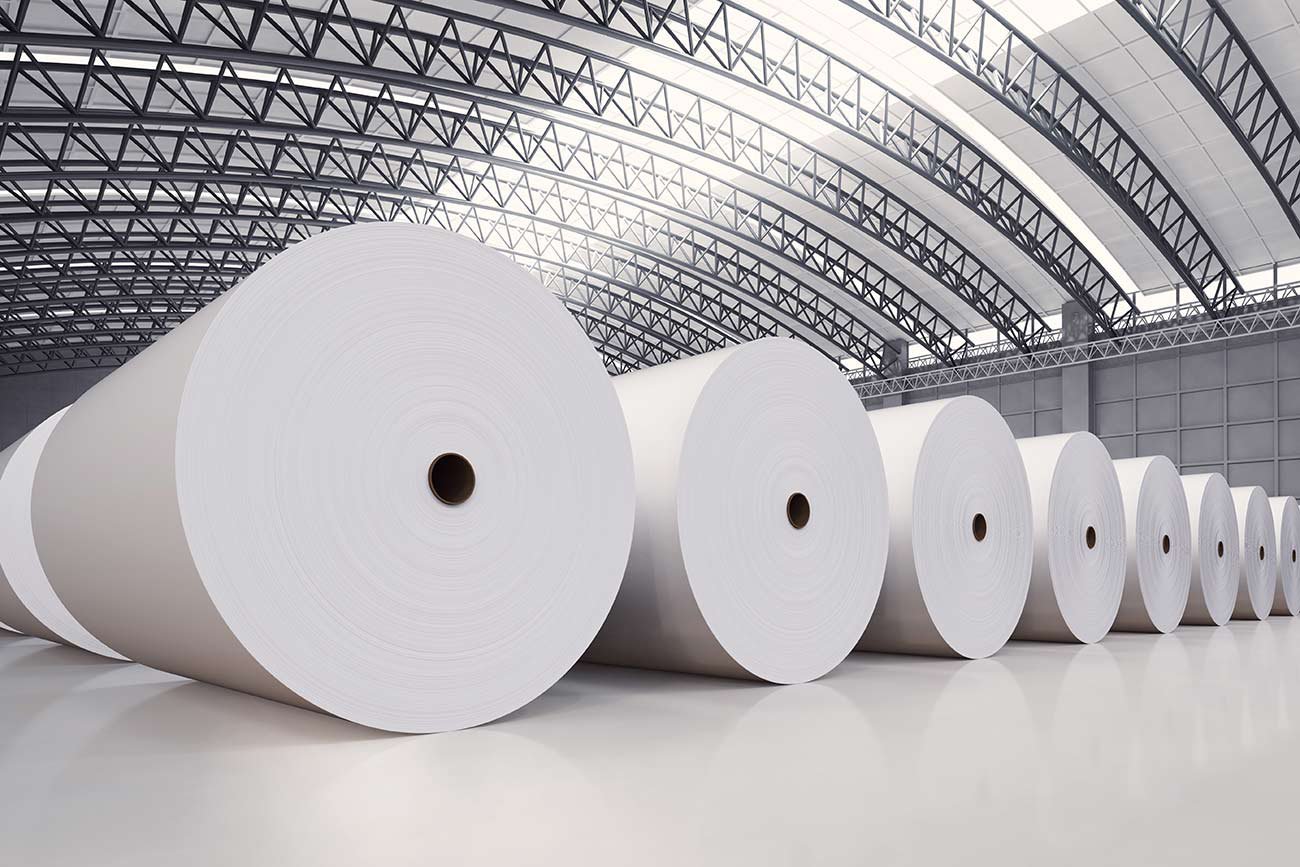
Know someone who might enjoy this?
Good living
See all-
March 2021
In review
-
March 2021
Manaakitanga – more than just hospitality
-
March 2021
Land, sea and myth: Revisiting Hawke's Bay
-
July 2021
Breaking bread at Everybody Eats

